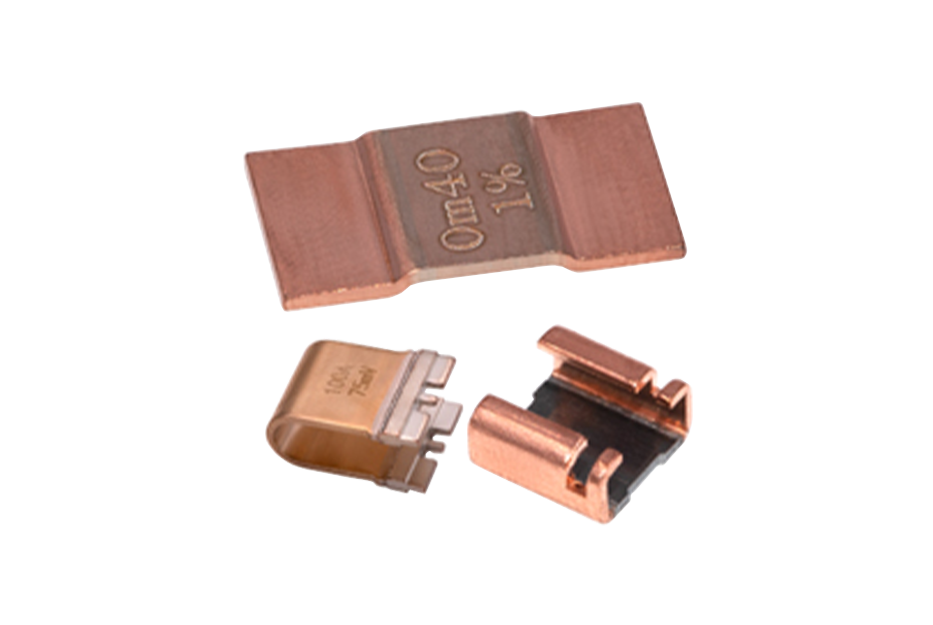List of alloy resistance selection models and online purchase address: click on the image to enter
hnstshop.com/product-list/R08-p1-l10.html" target="_blank" rel="noopener">
Nickel copper alloy resistance is a common metal resistance material with many unique characteristics. In this article, I will provide a detailed introduction to the characteristics of nickel copper alloy resistors and explain why they are widely used in the electronics industry.
Firstly, nickel copper alloy resistors have excellent corrosion resistance. Nickel copper alloy resistance is composed of two metal materials, nickel and copper. Nickel has good corrosion resistance and can resist the erosion of most chemicals, while copper has good conductivity. Therefore, nickel copper alloy resistors can not only provide stable resistance values, but also maintain their performance in harsh working environments such as high temperature, humidity, or chemically corrosive environments.
Secondly, nickel copper alloy resistors have good temperature coefficient characteristics. The temperature coefficient is an indicator that measures the degree to which resistance changes with temperature. For many applications, stable resistance values are crucial at different temperatures. The temperature coefficient of nickel copper alloy resistance is usually within the range of ± 10ppm/℃, which allows it to maintain stable resistance values over a wide temperature range. This is very important for applications that require high-precision resistors, such as precision instruments, measuring equipment, etc.
Thirdly, nickel copper alloy resistors also have good linear characteristics. Linear characteristic refers to the linear relationship between resistance value and current, which means that the change of resistance value with current is uniform. Nickel copper alloy resistors, due to their inherent properties, can maintain linear characteristics under different currents, which enables them to provide stable resistance in various circuits.
Fourthly, nickel copper alloy resistors also have a lower temperature rise effect. The temperature rise effect refers to the change in resistance value caused by the heat generated by the passage of current during the operation of a resistor. For some high-power applications, the temperature rise effect is an important consideration. Nickel copper alloy resistors, due to their excellent thermal conductivity, can effectively disperse the heat generated by current flow, avoid the influence of temperature rise effects, and maintain stable resistance values.
Fifth: Nickel copper alloy resistors also have good weldability. Weldability refers to the ability of metal materials to easily weld with other materials. Due to its composition and structural characteristics, nickel copper alloy resistors can be easily soldered with other electronic components, making them more convenient and reliable during circuit board assembly.
In summary, nickel copper alloy resistors have the characteristics of good corrosion resistance, stable temperature coefficient, good linear characteristics, low temperature rise effect, and good weldability. These characteristics make nickel copper alloy resistors widely used in the electronics industry, such as power supplies, communication equipment, automotive electronics, medical equipment, and other fields. In the future, with the continuous progress of electronic technology and the expansion of application fields, nickel copper alloy resistors are expected to develop more new features and applications, making greater contributions to the development of the electronics industry.
